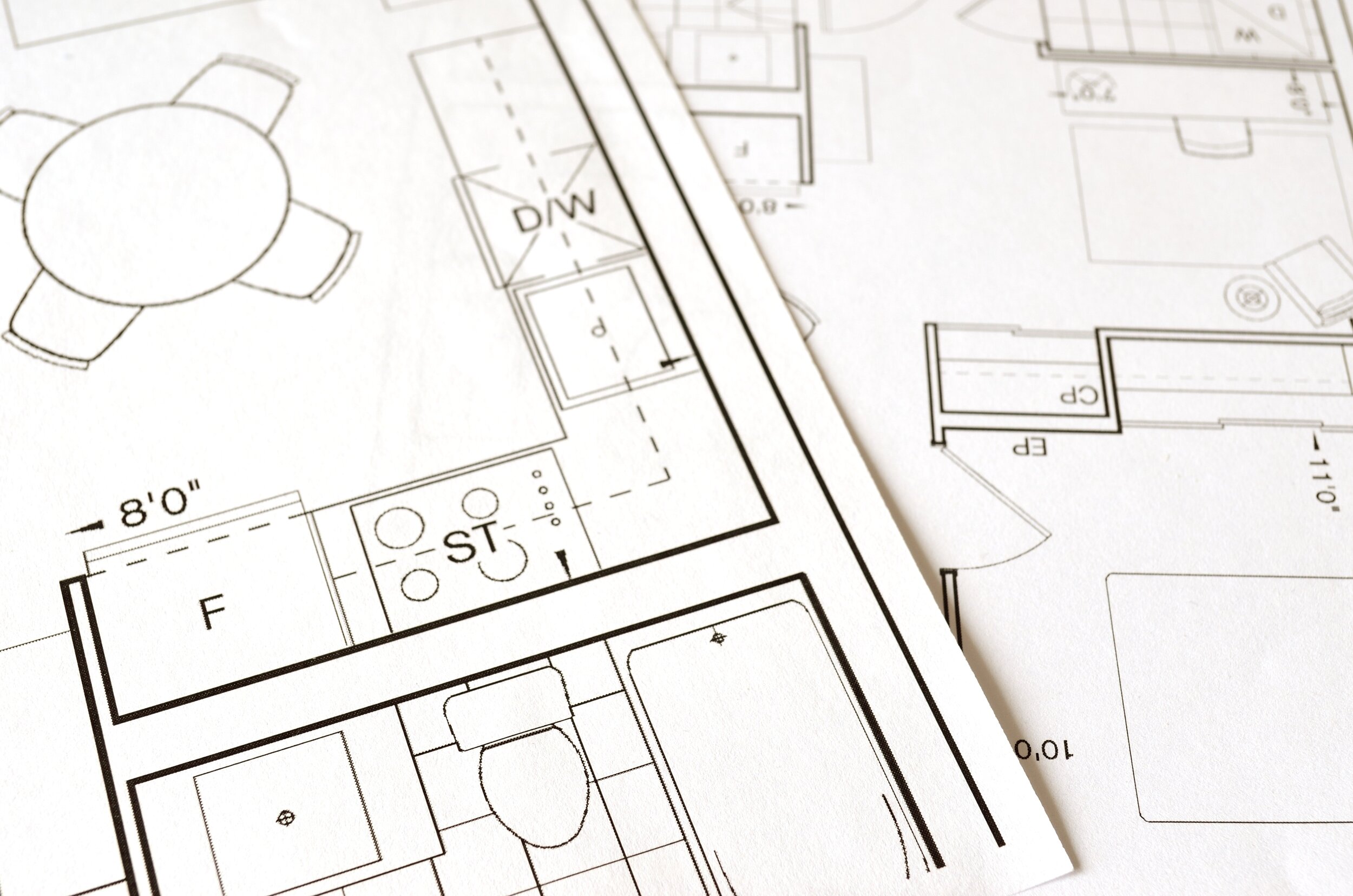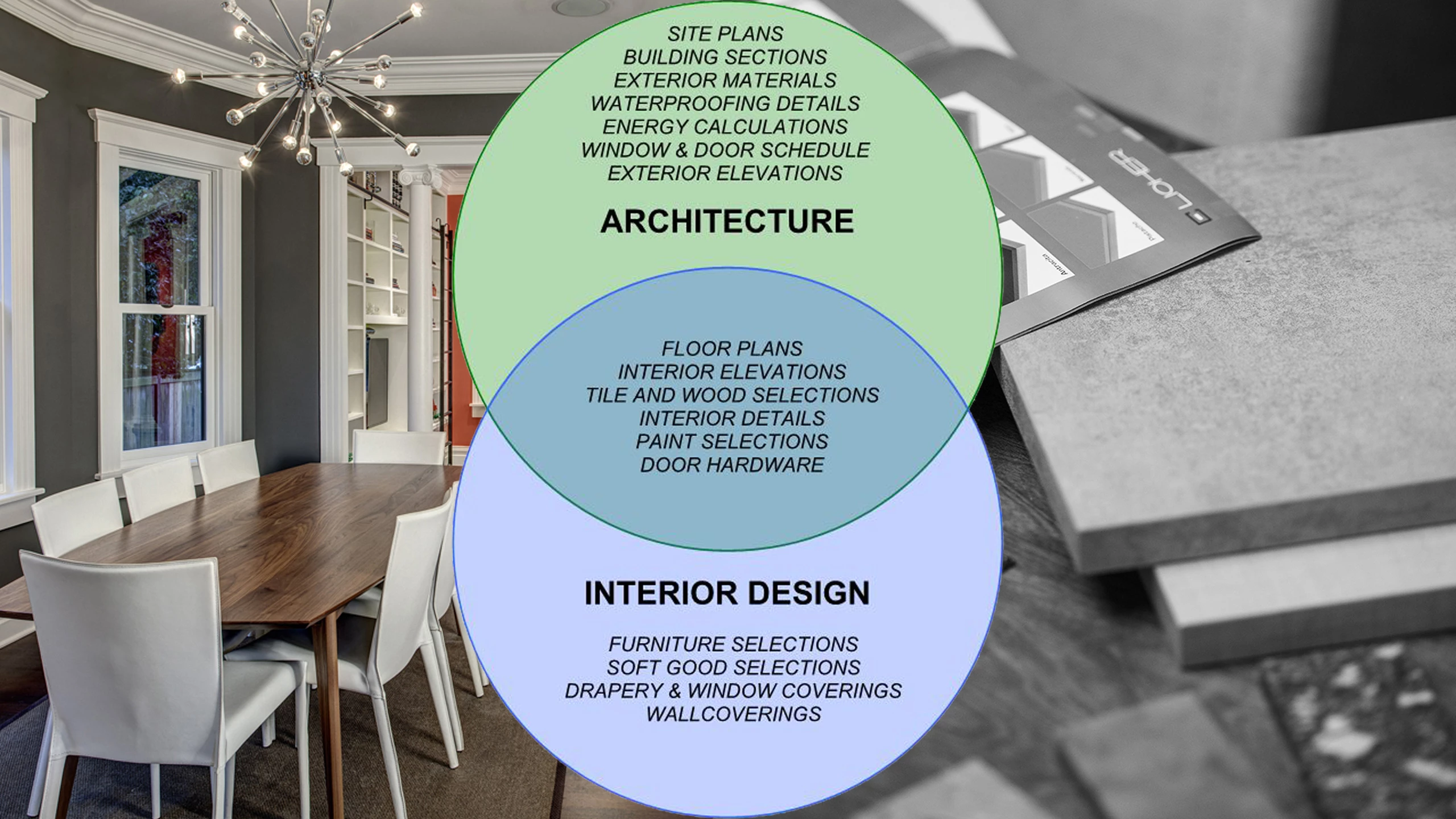Elegant Countryside Homes Interior Design for Modern Living
Elegant Countryside Homes Interior Design for Modern Living
Blog Article
The Art of Equilibrium: How Interior Design and Home Architect Collaborate for Stunning Outcomes
In the realm of home design, striking a balance between appearances and capability is no tiny accomplishment. This delicate equilibrium is achieved via the unified partnership between indoor developers and designers, each bringing their distinct competence to the table. Remain with us as we explore the intricacies of this joint process and its transformative impact on home layout.
Recognizing the Core Differences Between Interior Decoration and Home Architecture
While both Interior Design and home design play important roles in producing visually pleasing and useful areas, they are inherently various self-controls. Home architecture largely concentrates on the architectural elements of the home, such as developing codes, security regulations, and the physical building and construction of the space. It manages the 'bones' of the structure, collaborating with spatial measurements, bearing walls, and roof covering designs. On the various other hand, Interior Design is extra concerned with boosting the sensory and aesthetic experience within that structure. It includes choose and setting up furnishings, selecting color design, and including decorative components. While they work in tandem, their functions, duties, and areas of proficiency split significantly in the development of an unified home environment.
The Synergy In Between Home Architecture and Interior Decoration
The synergy between home design and Interior Design hinges on a shared vision of style and the improvement of functional visual appeals. When these 2 fields line up sympathetically, they can change a home from regular to phenomenal. This collaboration requires a deeper understanding of each discipline's principles and the ability to produce a cohesive, visually pleasing atmosphere.
Unifying Style Vision
Combining the vision for home style and interior layout can produce an unified living area that is both useful and visually pleasing. It advertises a synergistic strategy where architectural components complement indoor design elements and vice versa. Hence, unifying the style vision is critical in blending style and interior style for stunning results.
Enhancing Practical Appearances
Just how does the harmony in between home design and interior style enhance practical looks? Designers lay the foundation with their architectural style, guaranteeing that the area is functional and effective. An engineer could make a home with large windows and high ceilings.
Significance of Cooperation in Creating Balanced Spaces
The collaboration between interior designers and designers is critical in developing well balanced rooms. It brings consistency between layout and architecture, bring to life areas that are not only cosmetically pleasing but also functional. Discovering successful collaborative methods can supply insights into just how this synergy can be properly achieved.
Integrating Design and Design
Equilibrium, a vital facet of both Interior Design and architecture, can only genuinely be achieved when these two areas operate in harmony. This harmony is not just a visual consideration; it influences the functionality, longevity, and ultimately, the livability of an area. Inside designers and architects must understand each various other's duties, value their competence, and connect efficiently. They need to take into consideration the interplay of structural aspects with decoration, the circulation of spaces, and the impact of light and color. This collective procedure causes a natural, well balanced design where every aspect adds and has an objective to the overall aesthetic. Integrating design and architecture is not just about creating stunning rooms, yet concerning crafting spaces that work redirected here perfectly for their residents.
Successful Collaborative Strategies

Case Researches: Successful Assimilation of Style and Architecture
Examining numerous instance research studies, it ends up being obvious how the effective combination of Interior Design and architecture can change an area. The Glass House in Connecticut, renowned for its minimalistic elegance, is one such instance. Architect Philip Johnson and interior designer Mies van der Rohe collaborated to create a harmonious balance between the interior and the framework, leading to a smooth flow from the outside landscape to the inner living quarters. Another exemplar is the Fallingwater House in Pennsylvania. Architect Frank Lloyd Wright and indoor designer Edgar Kaufmann Jr.'s collaborative initiatives cause a stunningly one-of-a-kind home that mixes with its natural environments. These study underscore the extensive impact of a successful layout and architecture partnership.

Conquering Obstacles in Style and Style Collaboration
Regardless of the indisputable benefits of an effective collaboration between Interior Design and design, it is not without its challenges. Communication concerns can develop, as both events may make use of different terms, understandings, and methods in their job. This can result in misconceptions and delays in job completion. One more significant challenge is the harmonizing act of visual appeals and capability. Architects may focus on structural stability and safety and security, while designers concentrate on convenience and style. The combination of these purposes can be complex. In addition, budget and timeline restrictions often include stress, potentially triggering breaks in the collaboration. As a result, effective communication, common understanding, and concession are vital to overcome these difficulties and achieve a unified and successful partnership.

Future Fads: The Progressing Relationship In Between Home Architects and Interior Designers
As the globe of home style remains to evolve, so does the connection address between engineers and interior designers. The fad leans towards a much more collective and incorporated approach, damaging devoid of standard duties. Architects are no much longer only focused on structural honesty, yet also take part in boosting visual appeal - Winchester architect. Alternatively, interior designers are accepting technological elements, influencing general format and functionality. This progressing synergy is driven by advancements in technology and the growing demand for areas that are not just aesthetically pleasing yet sustainable and also useful. The future guarantees a much more natural, cutting-edge, and flexible strategy to home layout, as developers and engineers remain to obscure the lines, this contact form cultivating a partnership that absolutely personifies the art of equilibrium.
Verdict
The art of equilibrium in home layout is attained via the unified partnership between interior developers and architects. An understanding of each various other's techniques, efficient communication, and shared vision are important in creating aesthetically magnificent, practical, and inviting rooms. Regardless of obstacles, this collaboration fosters development and advancement in style. As the relationship between home engineers and interior developers develops, it will proceed to shape future trends, enhancing comfort, efficiency, and personal expression in our space.
While both interior layout and home style play important functions in creating cosmetically pleasing and practical areas, they are inherently various disciplines.The synergy in between home design and interior style exists in a common vision of layout and the improvement of functional appearances.Unifying the vision for home design and interior layout can produce a harmonious living area that is both practical and aesthetically pleasing. Therefore, unifying the style vision is important in blending architecture and indoor design for sensational results.
Just how does the synergy between home design and indoor layout boost functional aesthetic appeals? (Winchester architect)
Report this page